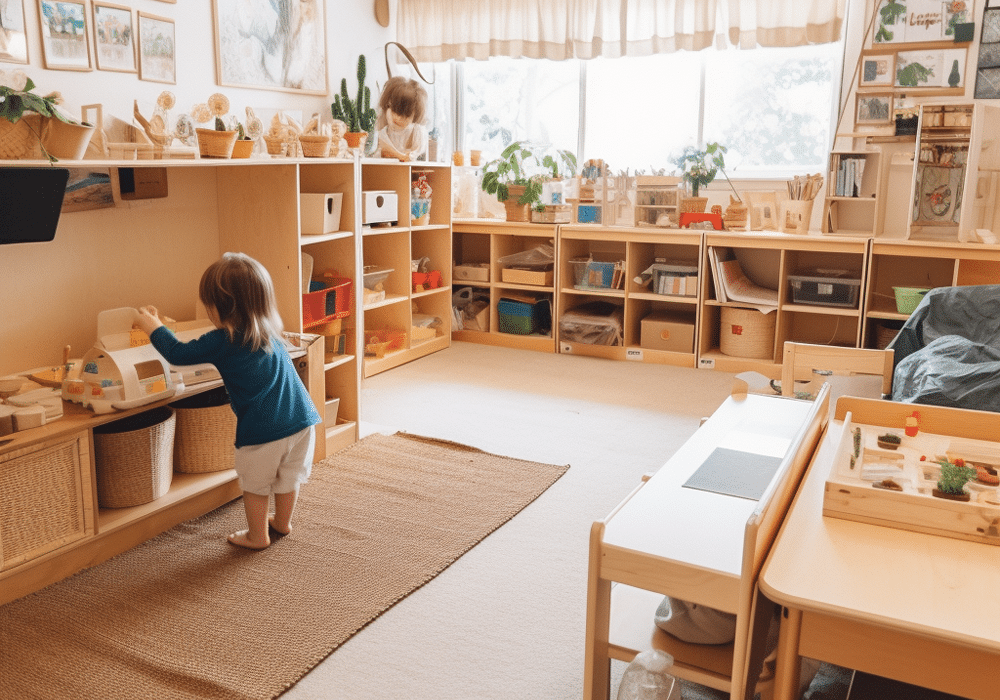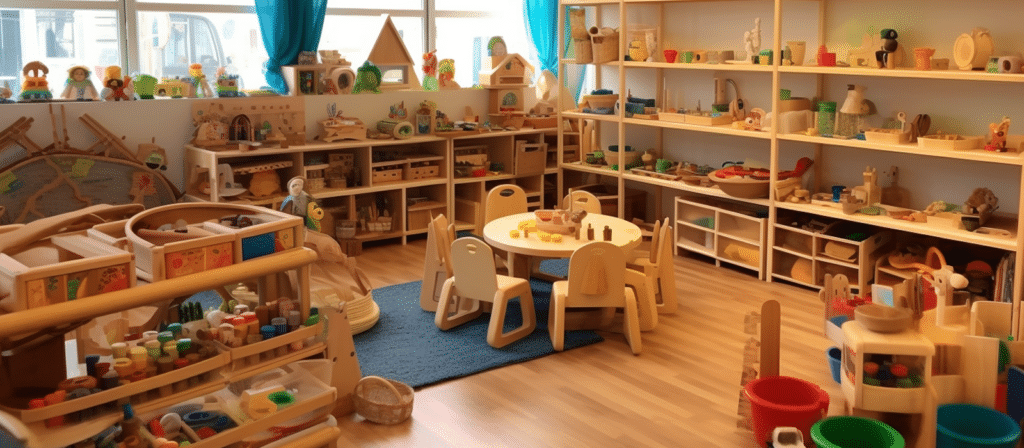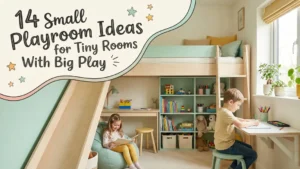Are you a preschool teacher seeking to create a meaningful and impactful learning experience for your young students? Join us on a journey to uncover the essential knowledge and insights that every preschool teacher should possess to excel in their important role.
What Every Preschool Teacher Needs to Know is a comprehensive guide to equip educators with the knowledge and skills necessary for nurturing young minds. From understanding child development to fostering a positive classroom environment, this article covers key aspects that form the foundation of effective preschool teaching.
What Makes a Great Preschool Teacher?
Being a preschool teacher is no easy task. It requires a unique set of qualities and skills to effectively engage young children and promote their development. One of the most important traits is patience. Preschoolers are still learning to navigate the world around them, and it is crucial for teachers to provide a patient and supportive environment.
Another key aspect of being a great preschool teacher is creativity. Young children thrive in an environment that stimulates their imagination and encourages exploration. By incorporating creative activities and play-based learning into their lessons, teachers can foster a love for learning and enhance children’s cognitive, social, and emotional development.

- Child Development: Delve into the nuances of child development, including cognitive, social, emotional, and physical milestones. Gain insights into age-appropriate expectations and how to support children as they progress.
- Classroom Management: Explore effective strategies for classroom management, including behavior management techniques, establishing routines, and creating a safe and inclusive classroom environment that encourages active participation.
- Curriculum and Lesson Planning: Learn how to design engaging and developmentally appropriate curriculum and lesson plans that cater to the unique needs and interests of preschoolers. Discover methods for integrating play-based learning and hands-on experiences.
- Communication and Collaboration: Explore the importance of strong communication skills, both with young children and their parents or caregivers. Understand how to build partnerships that support children’s growth and development.
- Inclusion and Diversity: Recognize the significance of embracing diversity and fostering an inclusive classroom environment. Learn strategies for addressing individual learning needs and promoting respect for differences.
The Power of Play in Early Childhood Education
Play is the language of young children. It is through play that they make sense of the world and develop important skills. As a preschool teacher, understanding the power of play and utilizing it in the classroom is essential.
Research has shown that play-based learning enhances children’s problem-solving abilities, language development, and social skills. It allows them to explore their interests, make choices, and develop a sense of agency. By incorporating play into their curriculum, preschool teachers can create a dynamic and engaging learning environment.
To support this approach, there are several resources available. Play-based learning websites, such as Playful Learning and The Genius of Play, provide ideas, activities, and research-backed information to help preschool teachers create meaningful play experiences for their students.

Meeting the Diverse Needs of Preschoolers
Preschool classrooms are a melting pot of diversity, with children from different backgrounds, abilities, and learning styles. To effectively meet the needs of all students, preschool teachers must cultivate an inclusive and supportive learning environment.
Understanding and valuing cultural diversity is a crucial aspect of this. Preschool teachers should incorporate diverse literature, music, and art into their curriculum to promote inclusivity and foster a sense of belonging among all students.
Additionally, it is important for teachers to have knowledge and strategies to support children with special needs. Websites like Understood and Zero to Three offer resources and information on inclusive practices, individualized education plans, and strategies for supporting children with diverse needs.
Nurturing Social and Emotional Development
Preschool is a critical time for the development of social and emotional skills. Preschool teachers play a vital role in nurturing children’s emotional well-being and teaching them how to navigate their feelings and relationships.
One essential aspect of this is fostering a positive classroom climate. By promoting kindness, empathy, and respect, teachers create a safe and supportive environment where children can develop healthy relationships and emotional resilience.
To support teachers in this endeavor, resources like CASEL (Collaborative for Academic, Social, and Emotional Learning) provide evidence-based strategies and activities to promote social and emotional development in young children.

The Importance of Collaboration and Professional Growth
As with any profession, ongoing professional development is crucial for preschool teachers to stay current with best practices and continue growing in their role. Engaging in professional learning communities and collaborating with colleagues is an excellent way to enhance teaching practice.
Online platforms like Teaching Channel and Edutopia offer a wealth of resources, videos, and articles that provide insights into effective teaching strategies and foster collaboration among educators.
Additionally, attending conferences, workshops, and webinars can provide valuable opportunities for networking and learning from experts in the field. Local educational organizations and associations often host these events, and they can be a great way to gain new ideas and perspectives.
In Conclusion
Being a preschool teacher is both challenging and rewarding. It requires a deep understanding of child development, creativity, patience, and a commitment to ongoing professional growth. By incorporating play, embracing diversity, nurturing social-emotional development, and collaborating with colleagues, preschool teachers can create a vibrant and inclusive learning environment for their students.













